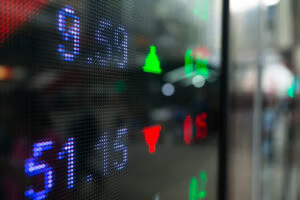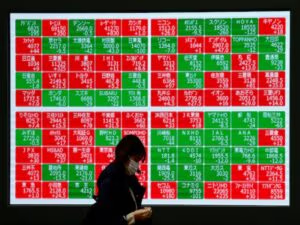European stock markets opened the week with a mixed performance on Monday, as investors braced for a flurry of economic data and corporate earnings in the days ahead. U.K. markets remained closed for a bank holiday.
Germany’s DAX rose 0.47%, while Italy’s FTSE MIB hovered near the flatline. France’s CAC 40 slipped 0.62%.
Among major movers, Austria’s Erste Group Bank surged around 7% after announcing it had acquired a roughly 49% stake in Santander Bank Polska and a 50% stake in Polish asset manager Santander TFI. The deal was disclosed Monday by Santander.
Shares of energy major Shell, traded in Amsterdam, fell around 1.2% after Bloomberg reported that the company is exploring a possible acquisition of rival BP. In response to CNBC’s request for comment, a Shell spokesperson said: “As we have said many times before we are sharply focused on capturing the value in Shell through continuing to focus on performance, discipline and simplification.”
France’s Eutelsat jumped as much as 17% after the satellite company announced Jean-François Fallacher—formerly of telecoms firm Orange—will become CEO effective June 1.
Economic data released Monday showed divergent inflation trends across Europe. Swiss inflation fell to 0% in April compared to a year earlier, below expectations. In contrast, Turkish inflation rose 3% in April, pushing the annual rate to 37.86%.
The week ahead will see key earnings reports from companies including Novo Nordisk, BMW, Maersk, and Commerzbank. Central bank decisions are also in focus, with Sweden’s Riksbank, Norway’s Norges Bank, and the Bank of England all set to announce interest rate updates.
Many Asian markets remained closed on Monday due to holidays. However, Australian stocks declined after Prime Minister Anthony Albanese claimed a historic re-election, becoming the first leader in 21 years to win a second consecutive term.
In the U.S., stock futures were slightly lower following a strong week for Wall Street. The S&P 500 recently recorded its longest winning streak in 20 years. Investors remain focused on U.S. trade relations and the upcoming interest rate decision from the Federal Reserve, which is widely expected to keep rates unchanged.






